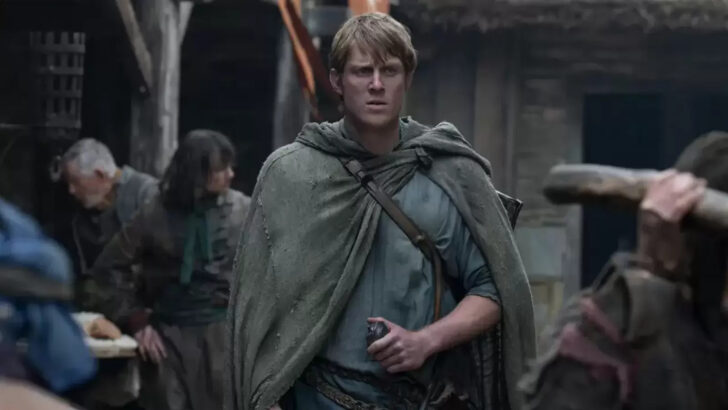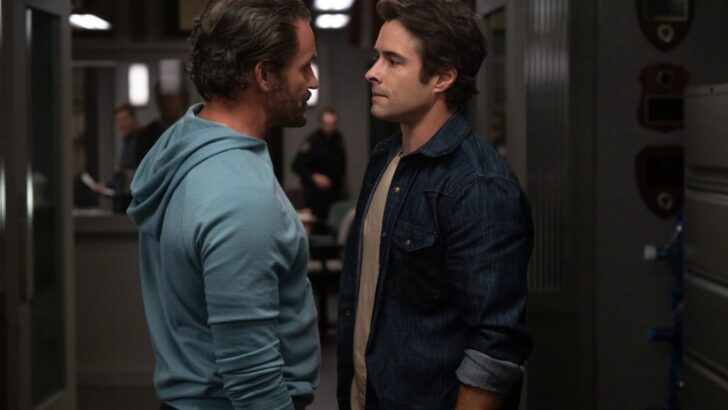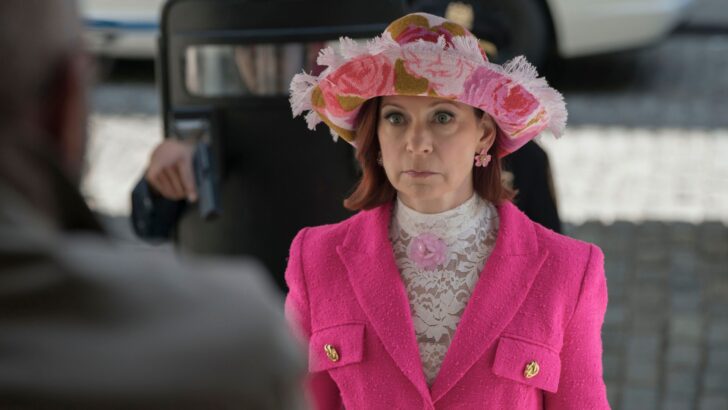When Game of Thrones premiered in 2011, it became an immediate hit, as did its prequel series, House of the Dragon. But why?
The easy answer, at least with respect to the series that has “Dragon” in its name, may be the dragons and the magic. However, that has always been the party trick of the world created by George R.R. Martin.
Casual viewers arrive for the dragons, but they stay for the people — razor-sharp character work, corkscrew plotting, and dialogue that bites.
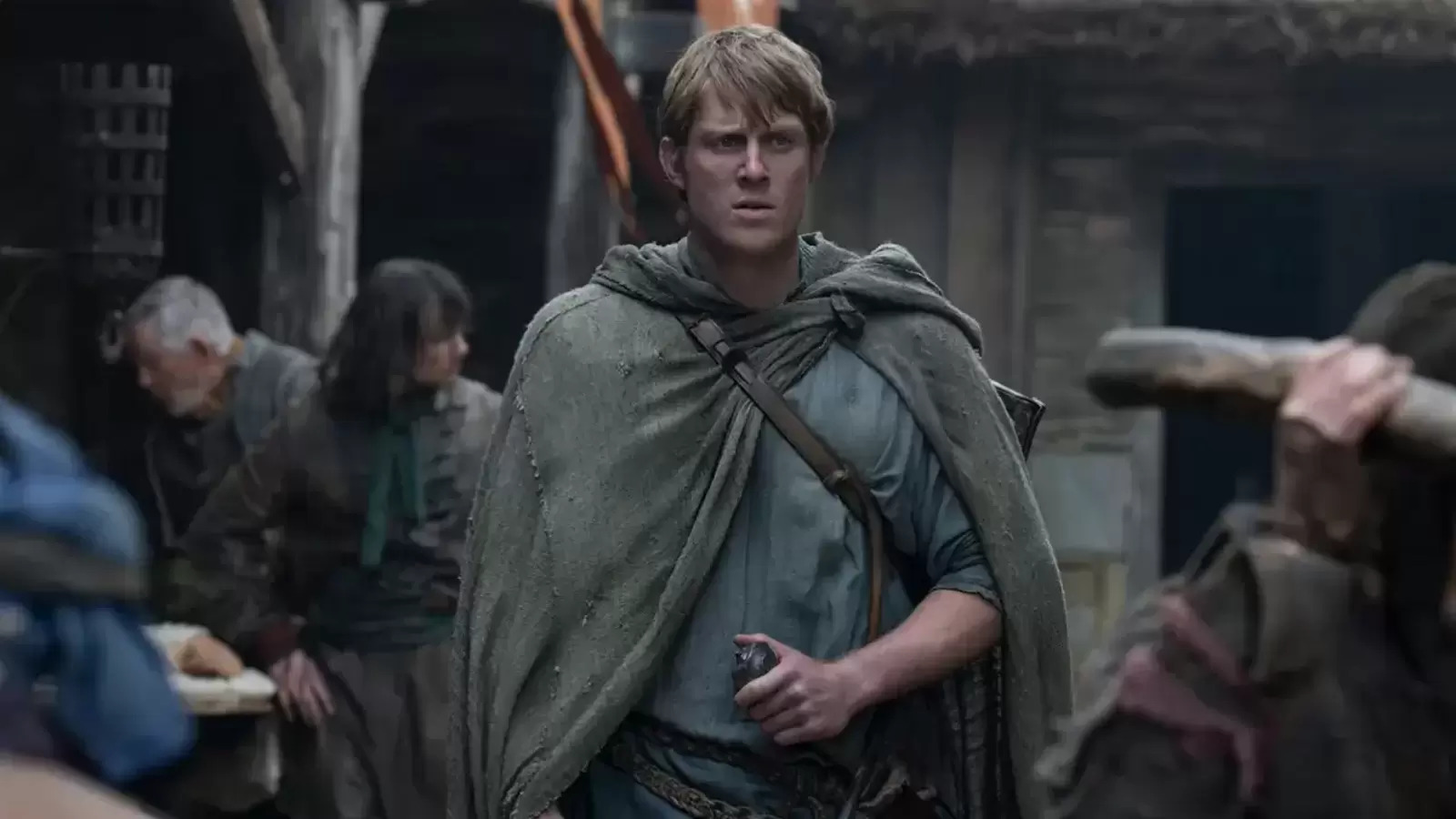
On the mothership, we had the Cerseis, Tywins, and the Tyrions. We had Littlefinger and Lord Varys pulling off psychological warfare at every step. And well, House of the Dragon doubled down on that formula.
The Charm of Game of Thrones Lies In Magical Dragons
Tywin, Cersei, Tyrion, Varys, and Littlefinger define Game of Thrones’ conversational warfare. Tywin dominated with cold pragmatism.
Schooling Joffrey in council, breaking the North by paper (Frey/Bolton deals), and winning the war without swinging a sword.
Cersei weaponized humiliation and debt — from the Myrcella betrothal to “I choose violence” — and, well, we are not even talking about the wildfire at the Sept.
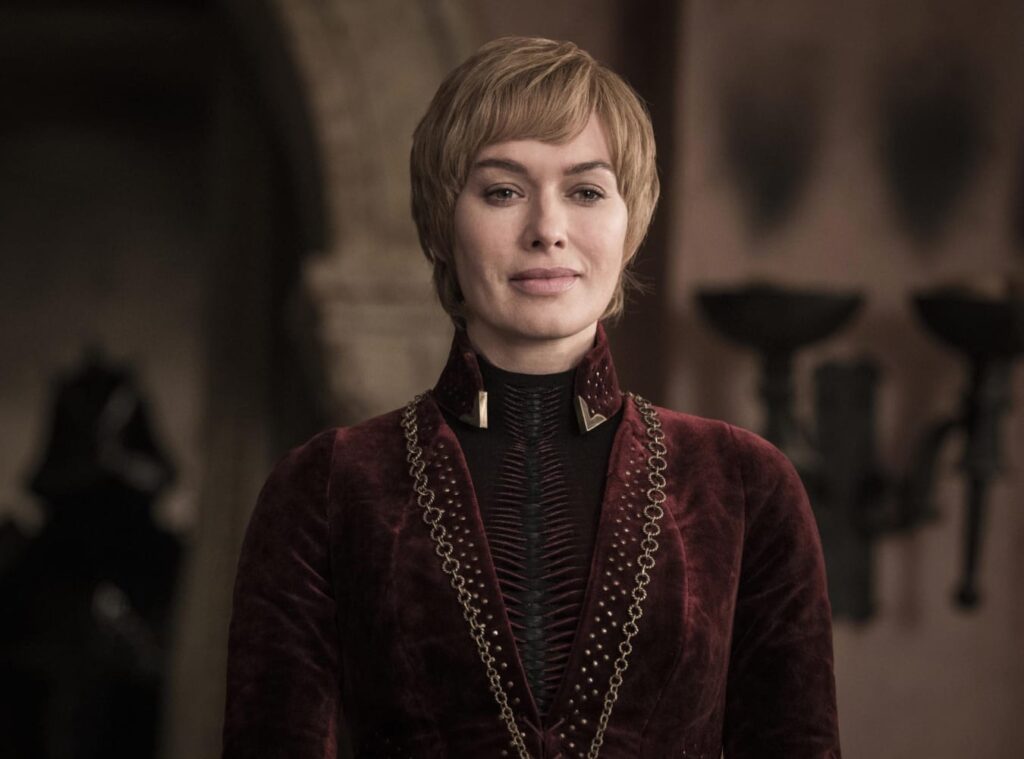

From prominent names like Tyrion and Lord Varis to the likes of the High Sparrow and the Boltons, dragons and magic in Game of Thrones were major story tools, but they never defined, nor captured, the true charm of the show.
After all, we were dealing with prehistoric high-stakes drama that sometimes even squarely relied on its characters’ wit.
House of the Dragon? Despite the dragons, it is firmly a game of thrones.
Otto Hightower and Larys Strong brought out the same kind of hatred that Varys and Littlefinger once commanded.
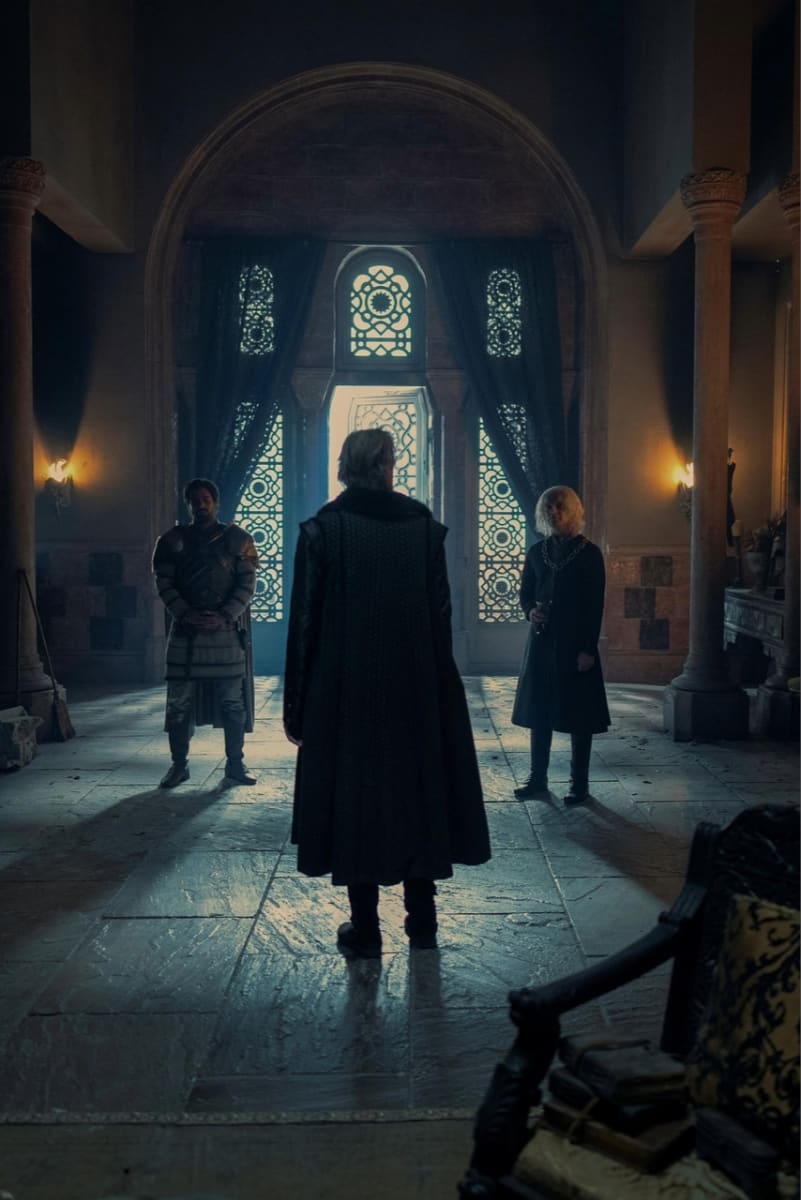

While viewers once sided with Daenerys Targaryen, Rhaenyra’s fate, coupled with the sheer brutality of certain members of the Greens (we are looking at you, Aemond), means House of the Dragon has the same human chess with heart-crushing stakes that make these series work.
A Knight of the Seven Kingdoms Has No Magic or Dragons
Showrunner Ira Parker claimed in a recent interview with Entertainment Weekly that “no one’s thinking about magic” when it comes to the latest trip to Westeros, something confirmed by the trailer.
Instead, Parker confirmed that they are “starting right at the bottom. We’re not with the lords and ladies, the kings and queens.”
Call it muddy-boots Westeros: 14th-century Britain vibes, hedge knights scrounging for coin, cold nights under leaky thatch, and honor that has to eat.
“We are ground up in this series… we’re not with the lords and ladies,” he says.
Perfect. That point of view is where George R.R. Martin’s world feels most alive.
The trailer itself does not promise anything magical or beastly.
The footage leans into road-story energy: a sunburnt lane, a patched cloak, a tilt yard that looks like it smells of horse and onions. Perfect Game of Thrones energy.
The stakes click into place through oaths, wagers, bruises, and one bad decision in a bad town. Duncan the Tall starts as Dunk from Flea Bottom — big, earnest, short on polish, long on heart.
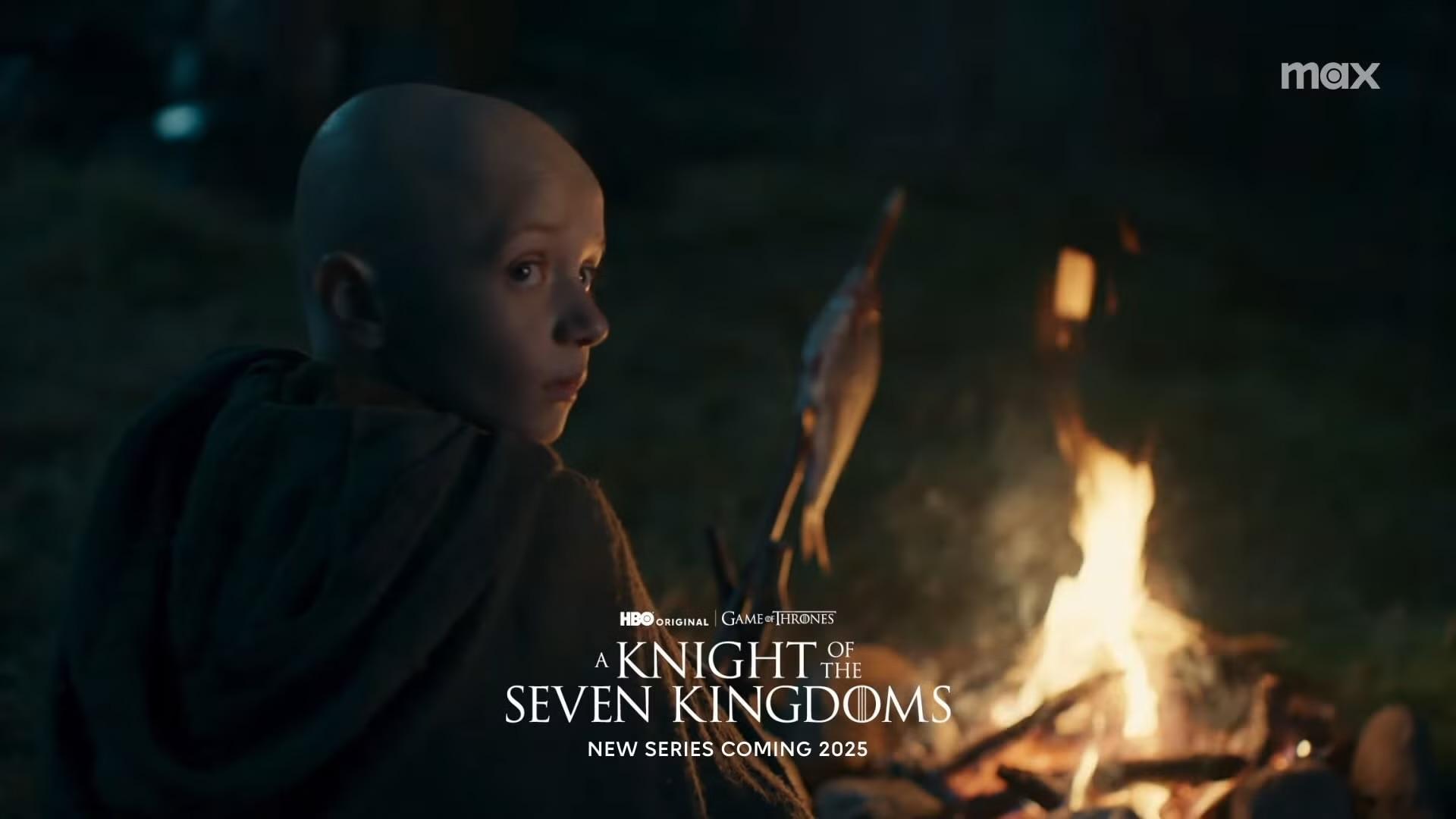

He squires for Ser Arlan of Pennytree, inherits a battered shield, and chooses the hard road: a hedge knight’s life of scrapes and small paydays.
His squire is “Egg,” a shaved-headed boy with a secret surname (Aegon Targaryen) and a mouth that’s two sizes bigger than his boots.
If you’ve read the novellas (The Hedge Knight, The Sworn Sword, The Mystery Knight, collected as A Knight of the Seven Kingdoms), you know the pleasure here: problems you can hold in your hands.
A stolen horse, a crooked tourney, a drought, a dam.
Game of Thrones became a phenomenon because its best scenes didn’t need a spellbook. And well, A Knight of the Seven Kingdoms does not even have one.
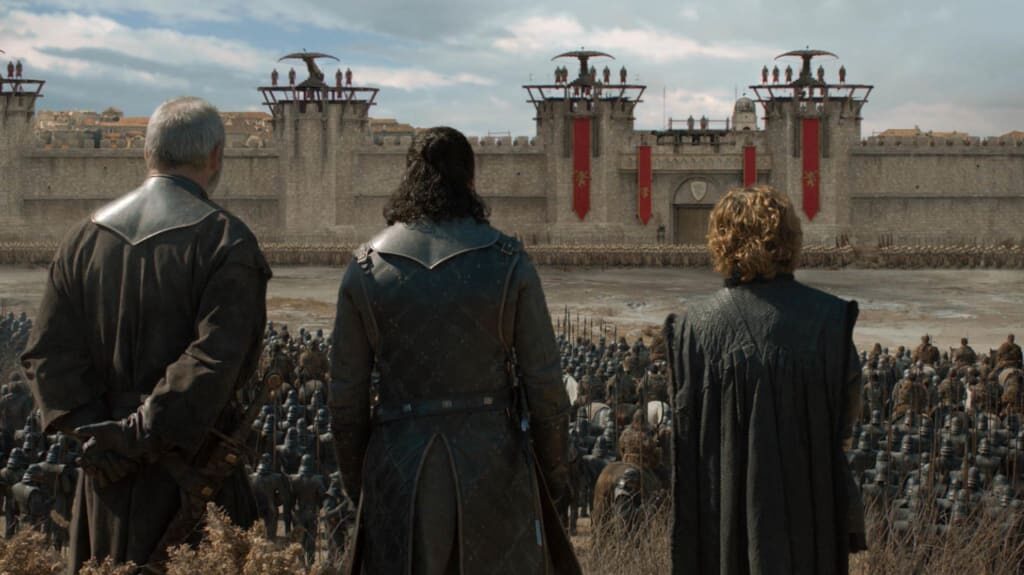

So yes, I’ll always cheer when a dragon casts a shadow across a city. But Game of Thrones’ real charm has always lain in its mundane, devious characters.
A Knight of the Seven Kingdoms may not promise a lot when it comes to fire-spitting monsters.
Nevertheless, it promises everything a Game of Thrones series should be, first and foremost. Dragons and magic, after all, were always supposed to be a bonus.
What are your thoughts on Ira Parker’s admission and what it means for the series? Do you think it can survive?
Let’s get a good old-fashioned Westeros debate on the go in the comments section. We promise it won’t turn into something like The Red Wedding!
TV Fanatic is searching for passionate contributors to share their voices across various article types. Think you have what it takes to be a TV Fanatic? Click here for more information and next steps.

